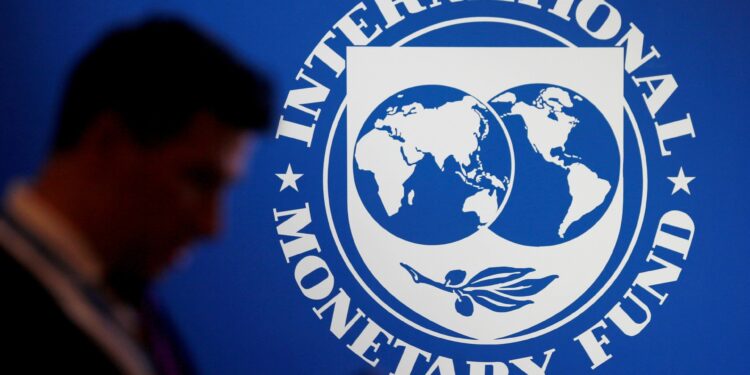The International Monetary Fund reduced its forecast for Israel’s economic growth to 0.7% during the current year from 1.6% expected last April, under pressure from military expenditures for its war on Gaza and Lebanon.
The bank expects Israel to use higher government spending in the short term to support the economy and cover the military costs of the war, according to the World Economic Outlook report issued yesterday evening.
The Fund’s forecasts are subject to increasing uncertainty due to the war, and therefore may be subject to revisions, according to the report, which expected Israel’s economy to grow by 2.7% next year and 3.4% in 2029.
No growth
The Standard & Poor’s credit ratings agency excludes the growth of Israel’s economy this year, and has lowered its long-term rating from “A+” at the beginning of this month to “A” due to the increasing security risks in light of the escalation with Hezbollah in Lebanon. In addition to the risk of a more direct war with Iran.
Standard & Poor’s expected that military activity in the Gaza Strip and Lebanon would continue until 2025, with risks of “retaliation from Israel.”
Moody’s expected a significant reduction in Israel’s growth during 2025 from 4% to 1.5%, and long-term growth expectations were reduced from 4% to 3% annually.
As a result, government debt is expected to rise to 70% of GDP in the coming years, a figure much higher than previous estimates.
Moody’s lowered Israel’s credit rating by two notches to “Baa1” last week, and warned of downgrading it to “high risk” if the current escalating tension with Hezbollah turns into a widespread conflict.



